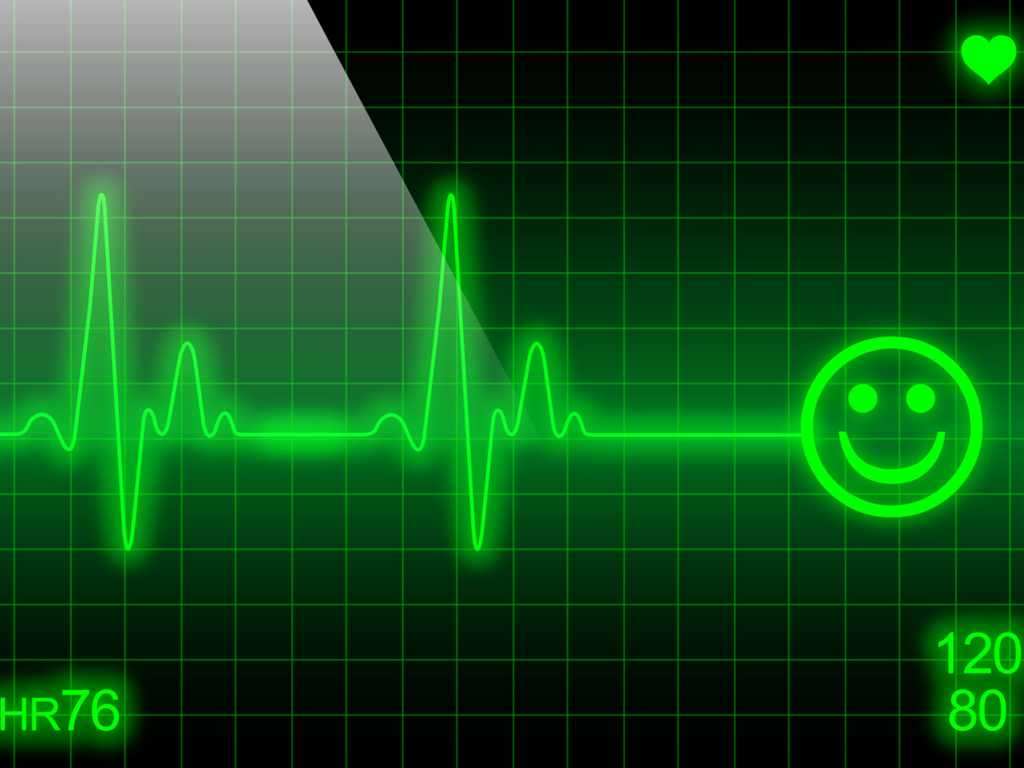What Is The Coenzyme Q10 And Why Is It Important For Heart Health?
In keeping with our heart health for February, lets take a look at CoQ10. CoQ10 is the abbreviation for Coenzyme Q10, which is also known by several other names, including ubiquinone and ubidecarenone. CoQ10 is considered by some researchers to be almost like a vitamin and is known to contribute to heart health.
CoQ10 is found in all the tissues and organs of your body, as it is needed by your cells for energy, which in turn helps all of your organs and tissues stay healthy and do their jobs properly. CoQ10 also helps defend the body against free radicals that attack and oxidize your cells. Oxidation is thought to be one of the main causes of aging and disease in the body, so a diet high in antioxidants such as berries and green tea can help fight illness.
CoQ10 also lessens the damage to the cells in your body caused by oxidation, particularly in relation to protecting your blood vessels. It has been shown to slow the progression of buildup of plaque in your arteries of your body from LDL or bad cholesterol.
In terms of heart health, it has been found to be low in people with heart problems, particularly congestive heart failure. Research showing the effects of adding it to the diet have been promising.
Ironically, one of the main drug classes taken with a view to improving heart health actually strips out CoQ10 from the body. Statins are prescribed to lower cholesterol, but have a range of potentially serious side effects, including muscle pain and weakness, liver and kidney problems, and Type 2 diabetes.
CoQ10 is important for digestive health and aids muscles and your bones as well. A study of cancer patients showed they had very little CoQ10 in their blood.
With so many different beneficial effects, why donít we hear more about it?
This might be due to the fact that it is natural substance, so it is just taken for granted as being present in the body. However, research shows that as we age, our levels of CoQ10 decline. Some studies show that your levels can start to decline as early as your 20s. It is present in certain foods, including organ meats (liver, kidneys), sardines (a heart-healthy fatty fish) and peanuts, which are high in monounsaturated fat and therefore heart-healthy as well as full of fiber and very filling.
If you can’t add enough to your diet, it might be time to consider a supplement. There are many inexpensive brands available online or in your local drugstore. Try one and see if it makes a difference to your health.


I have been taking COQ10 for quite some time. I would love to try this brand.
I have always wondered about Q10, thanks for the information x
Good information, thanks for posting. I learned a lot about this supplement that I did not know.
I just started taking this and now that I know more about it I will make my husband take it as well.
I have been taking CO Q10, I will check out this brand. I am not so sure the brand I have been taking are that great. Thank you for this information.
Thanks for the info,learned something new!
I just received a month supply of Co Q-10 to sample and know it can be expensive. I don’t eat organ meats but do get some peanuts, so probably need to work on my diet a bit.
This is alot of information I was unaware of. I will be starting to take this. I have been on statins for many years. Thank you so much for sharing
I eat sardines and peanuts (but not together). Thanks for the info.
slehan at juno dot com
oh gosh I”m glad you clarified that! Sounds awful together but you know people have different tastes!
Thank you for this info. I didn’t know what this was! It sure is important.